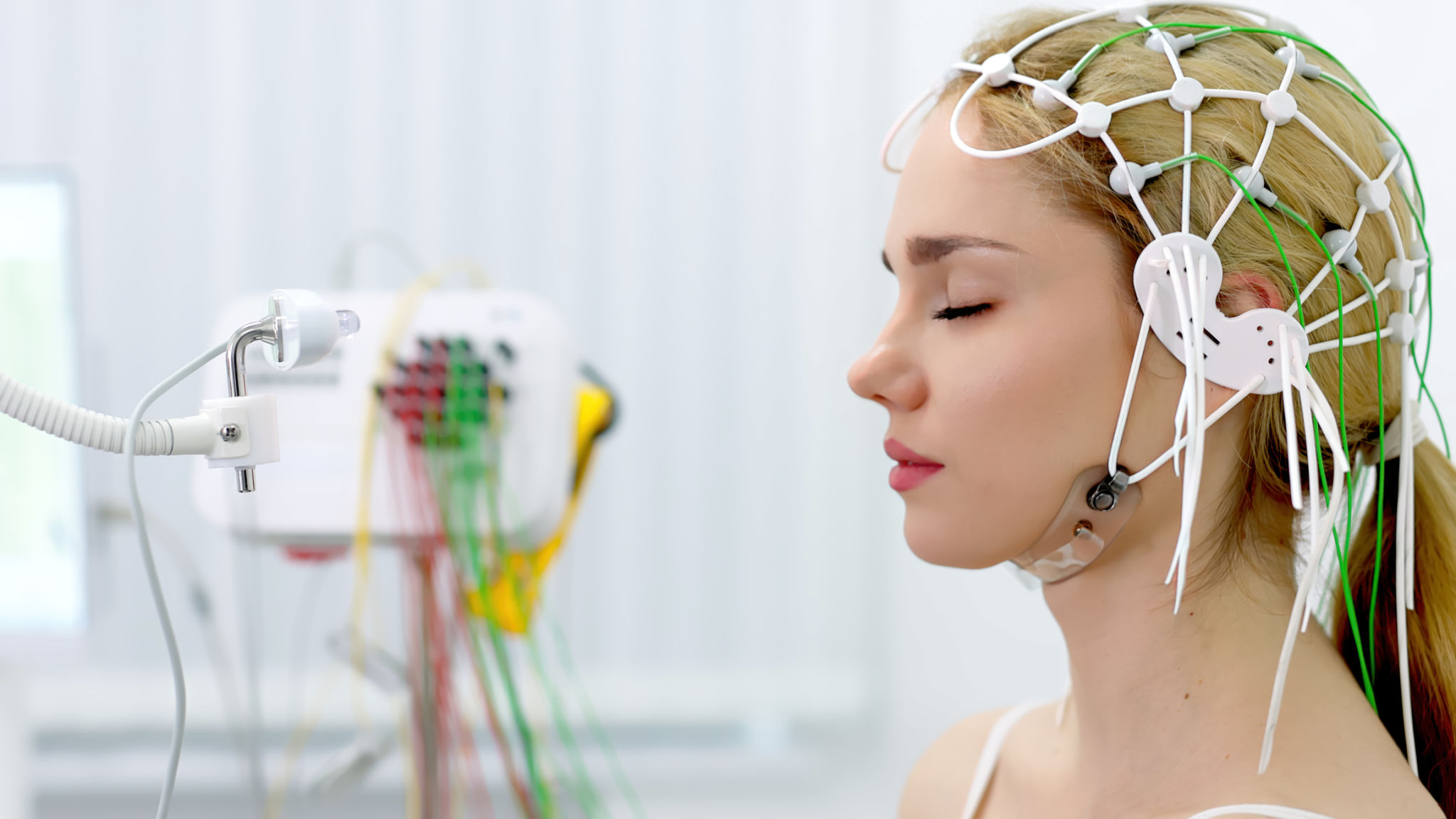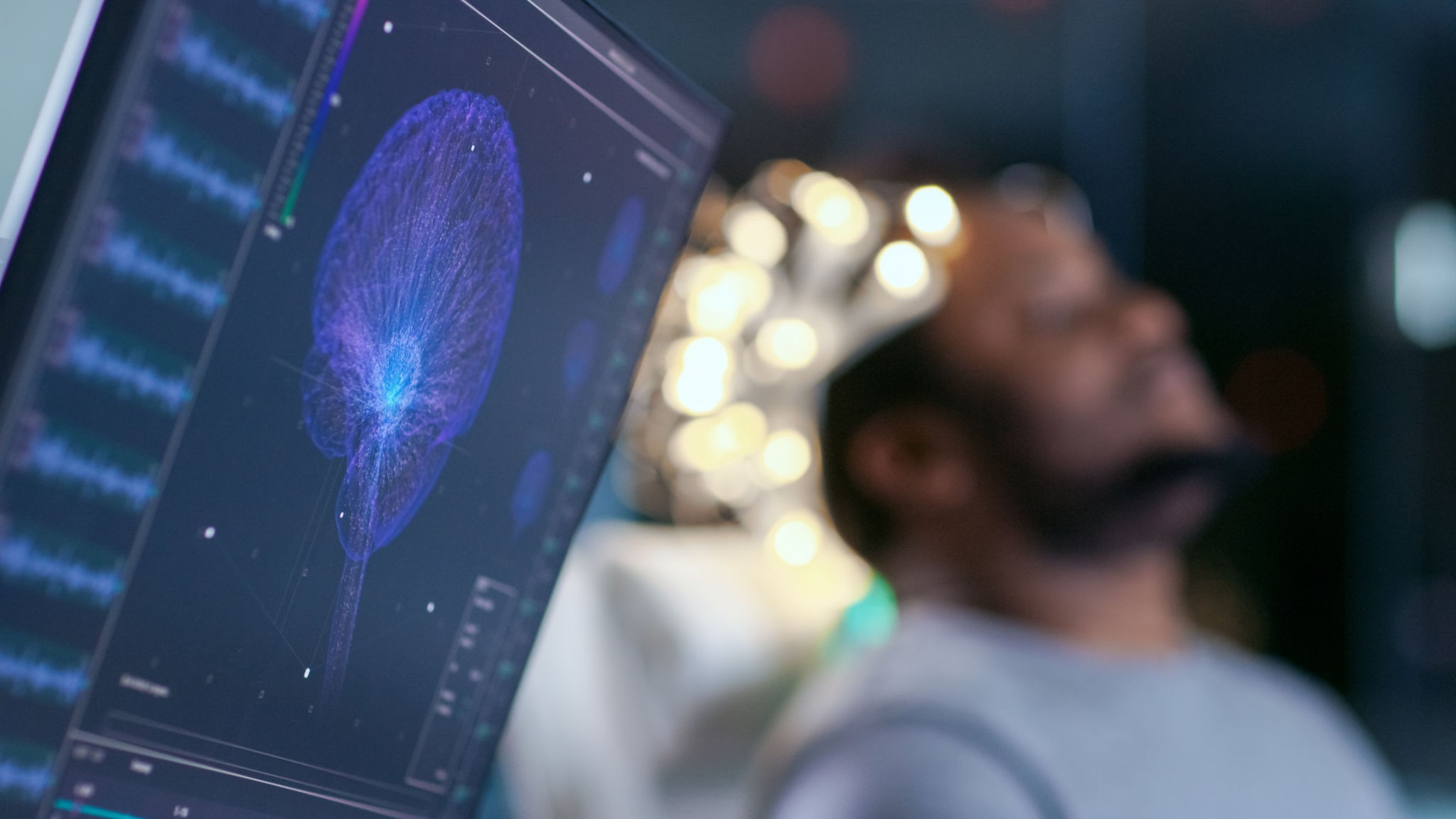The Benefits of EEG Monitoring Services for Accurate Diagnosis
Understanding EEG Monitoring Services
Electroencephalography (EEG) monitoring services have revolutionized the way healthcare professionals diagnose neurological disorders. By measuring electrical activity in the brain, EEG provides critical insights into a range of conditions, from epilepsy to sleep disorders. This non-invasive technique is essential for accurate diagnosis, enabling personalized treatment plans for patients.

The Science Behind EEG
EEG monitoring involves placing electrodes on the scalp to detect electrical signals produced by brain cells. These signals are then amplified and recorded, creating a visual representation of brain activity. The data obtained from EEG is invaluable for clinicians, as it helps identify abnormalities in brain function that might not be apparent through other diagnostic methods.
EEG is particularly effective in diagnosing epilepsy, allowing specialists to pinpoint the type and location of seizures. Moreover, it plays a crucial role in assessing brain activity in comatose patients and monitoring anesthesia depth during surgeries.

Benefits of EEG Monitoring
One of the primary advantages of EEG monitoring is its ability to provide real-time data on brain function. This immediate feedback is crucial for making timely decisions in critical care settings. Additionally, EEG is a non-invasive procedure, posing minimal risk to patients while offering comprehensive insights into their neurological health.
Applications in Sleep Studies
EEG monitoring is also extensively used in sleep studies to diagnose disorders such as sleep apnea, insomnia, and narcolepsy. By analyzing brain waves during sleep cycles, clinicians can identify disruptions and prescribe effective treatments. This application of EEG monitoring services significantly enhances the quality of life for patients suffering from sleep-related issues.

EEG Monitoring in Research
Beyond clinical diagnosis, EEG monitoring is a powerful tool in neuroscience research. It aids in understanding brain functions and cognitive processes, paving the way for breakthroughs in treating mental health disorders. Researchers utilize EEG to explore the effects of various stimuli on brain activity, contributing to advancements in neurotherapy.
Technological Advancements
Recent advancements in technology have further enhanced the capabilities of EEG monitoring services. Portable EEG devices allow for continuous monitoring outside clinical settings, providing more comprehensive data over extended periods. These innovations not only improve diagnostic accuracy but also empower patients to take an active role in managing their health.

Conclusion: The Future of EEG Monitoring
As technology continues to evolve, the potential applications of EEG monitoring services are expanding. From personalized treatment plans to groundbreaking research, EEG remains a cornerstone of neurological diagnostics. Its ability to deliver accurate, real-time data makes it an indispensable tool for healthcare professionals and researchers alike.
Investing in EEG monitoring services can lead to more effective diagnoses and better patient outcomes, ultimately transforming how we understand and treat neurological conditions.